This book deals with the topic of majāz (allegory) in the Qurʾān. It was authored by Sulṭān al-ʿUlamāʾ al-ʿIz bin ʿAbd al-Salām. He looks at the two competing stances on the subject, one accepting its existence and the other not. The author examines the subject at great length and sides with the view that accepts the existence of allegorical use in the Qurʾān, a position he then defends with vigor. He describes in the work the issue of omission in the Qurʾān and tajawwuz (linguistic ties outside of the immediate context) with letters and words in 48 sections.
 Shared Knowledge
Shared KnowledgeFoundation work in this area

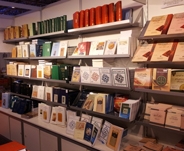
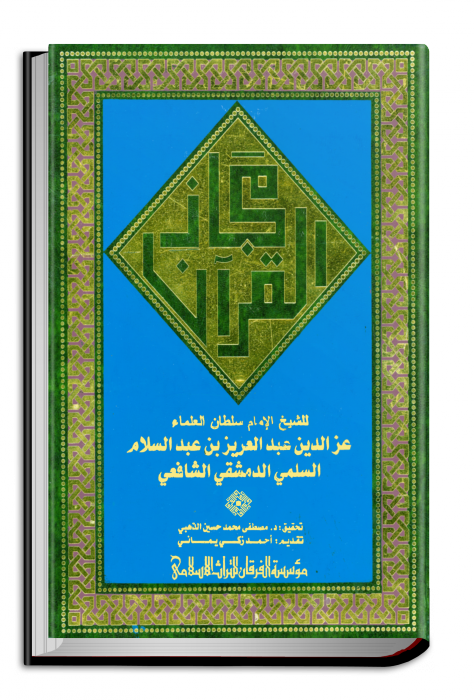
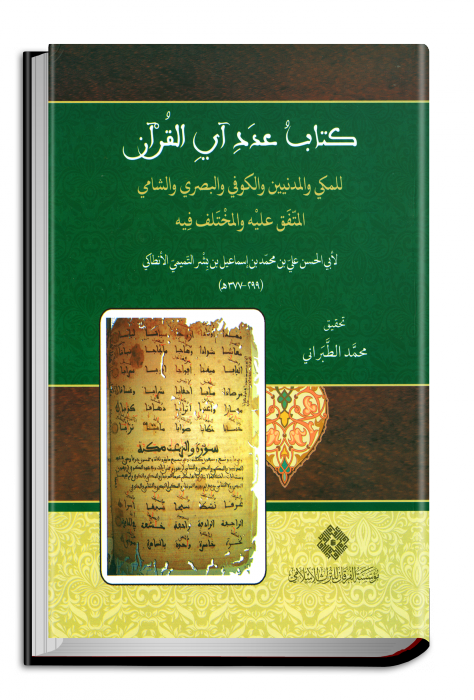 The Book of Quranic Verses’ Number (agreed & disputed) according to Makki, Madani, Kufi, Basri and Shami by: Abū al-Ḥassan ʿAlī ibn Muḥammad ibn Ismāʿīl ibn Bishr al-Tamīmī al-Anṭākī (299-377 A.H.)
The Book of Quranic Verses’ Number (agreed & disputed) according to Makki, Madani, Kufi, Basri and Shami by: Abū al-Ḥassan ʿAlī ibn Muḥammad ibn Ismāʿīl ibn Bishr al-Tamīmī al-Anṭākī (299-377 A.H.)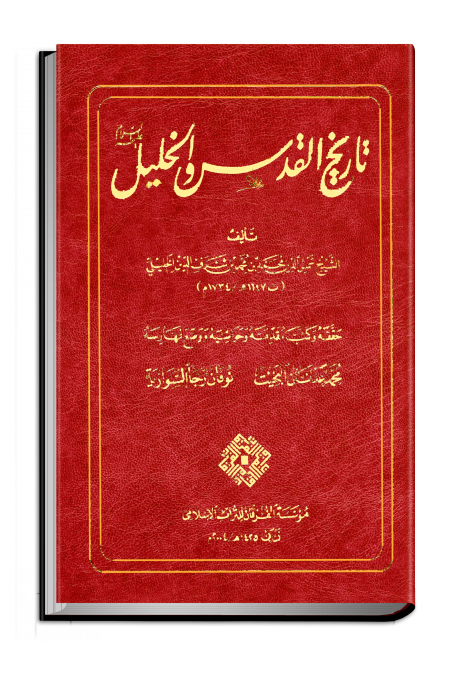 History of al-Quds (Jerusalem) and al-Khalīl (Hebron) by Muḥammad b. Muḥammad b. Sharaf al-Dīn al-Khalīlī (d. 1147 A.H / 1734 A.D)
History of al-Quds (Jerusalem) and al-Khalīl (Hebron) by Muḥammad b. Muḥammad b. Sharaf al-Dīn al-Khalīlī (d. 1147 A.H / 1734 A.D)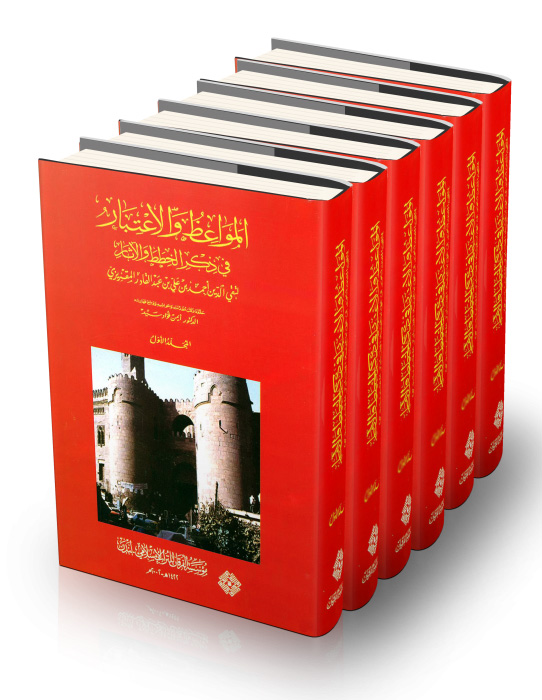 Al-Mawāʿiẓ wal-Iʿtibār fī Ḍikr al-Khiṭaṭ wal-Athār by Taqī al-Dīn Aḥmad b. ʿAlī b. ʿAbd al-Qādir al-Maqrīzī (766-845 / 1365-1442)
Al-Mawāʿiẓ wal-Iʿtibār fī Ḍikr al-Khiṭaṭ wal-Athār by Taqī al-Dīn Aḥmad b. ʿAlī b. ʿAbd al-Qādir al-Maqrīzī (766-845 / 1365-1442)